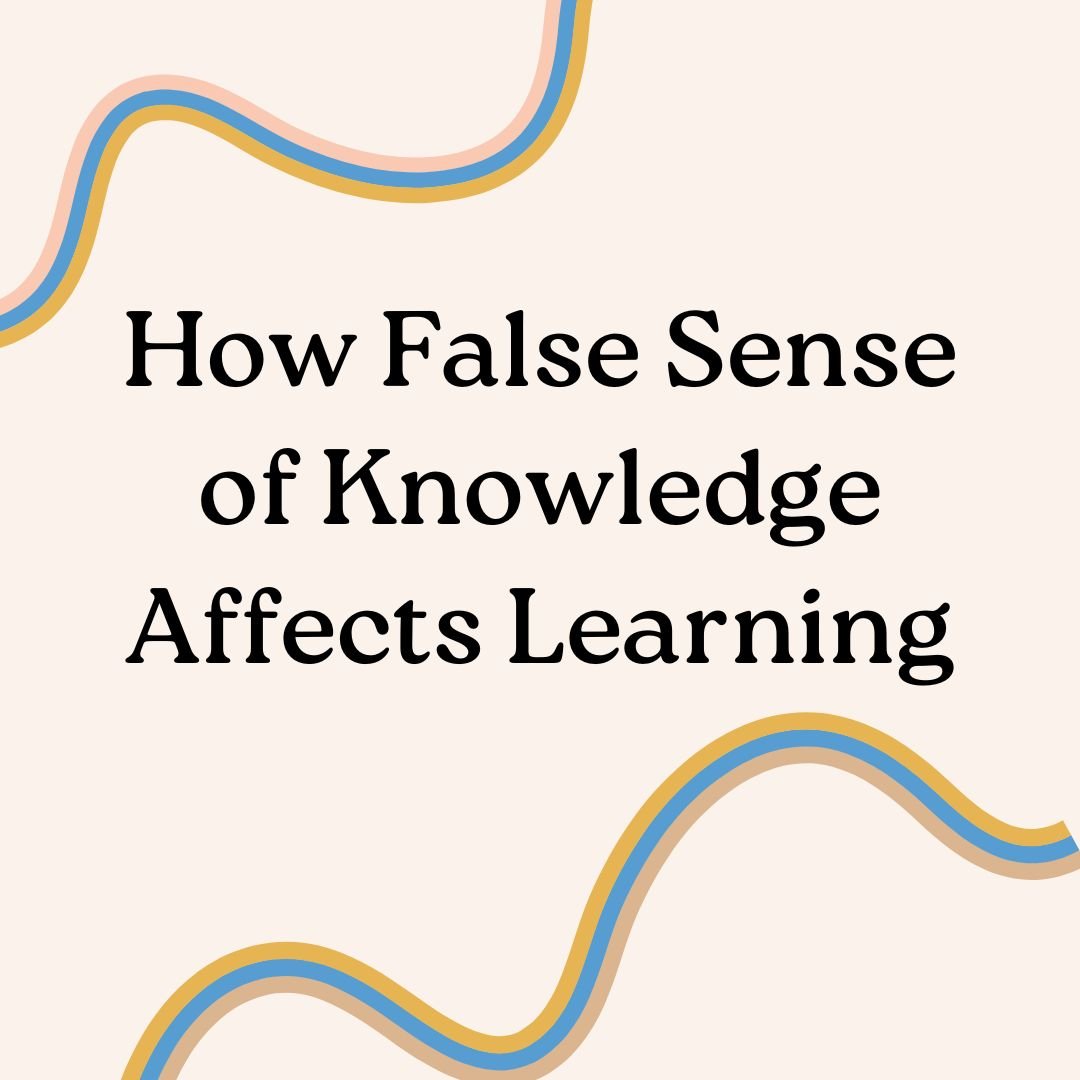⚠️ How False Sense of Knowledge Affects Learning 📚
Tricks and shortcuts should not be used as a method for learning in early math education (roughly, K-7th).
This tactic may lead to FALSE SENSE OF KNOWLEDGE.
What is false sense of knowledge / learning?
Having the belief that a topic has been understood when this is not actually the case. Ultimately, it leads to knowledge-gaps! This is because the topic will not be thoroughly addressed and cemented.
How to avoid false sense of knowledge?
1. Do not use "tricks" or shortcuts to solve a problem.
2. Do not rely sole on memorization.
Math is full of repeating patterns.
It might be tempting to use tricks and memorization for patterns. However, patterns need to be used in CONTEXT.
Tricks and shortcuts come in handy in higher level math when you're in a hurry (like taking a test). BUT this is NOT the way to study math if you want to build a strong, lasting foundation.
Book a free consultation to chat about how we can help you: HERE




